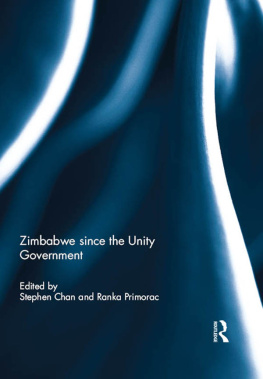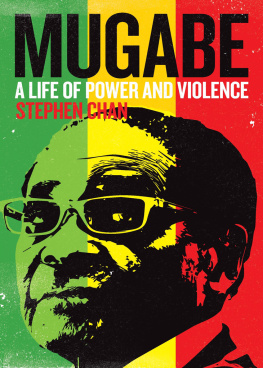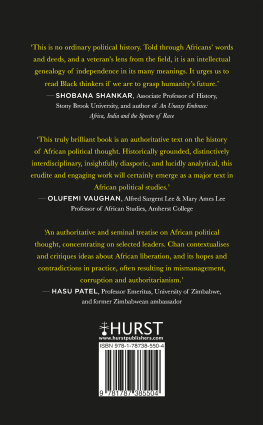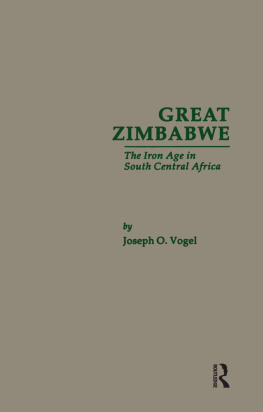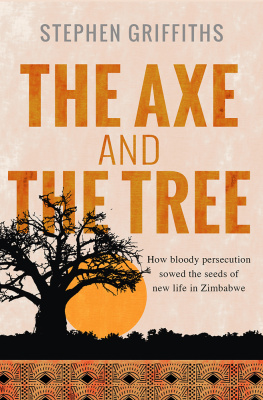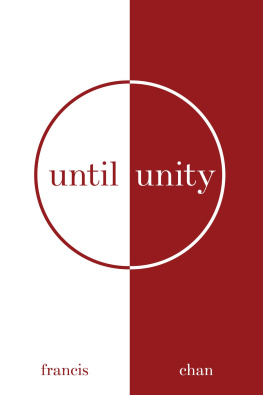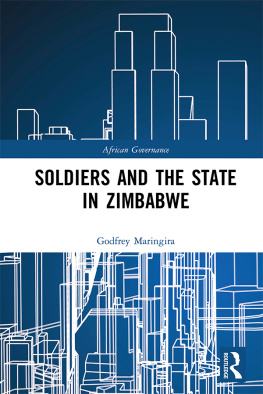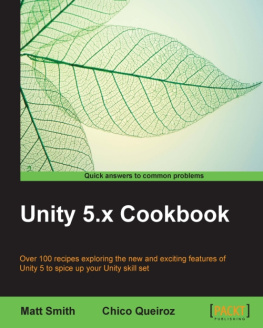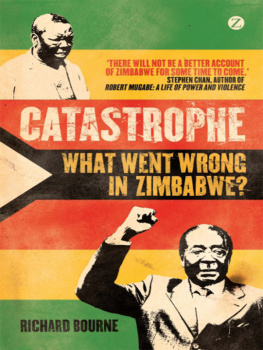Zimbabwe since the Unity Government
Zimbabwe has moved from a condition of restricted expression to one of many contradictory expressions. Politics has lost none of its compromises and conflicts, but it has been amplified by an explosion of voices. For the first time, a genuine debate is possible among many actors, insiders and outsiders, and the question marks over Zimbabwe and its future are no longer in terms of a narrow choice between one party and another, one outlook or another. Compromise government has meant complexity of debate. This does not preclude disillusionment within debate, but it does include vigour and imagination in debate.
This book includes essays from renowned scholars, governmental and diplomatic figures, and prioritises contributions by Zimbabweans themselves. The essays provide a blend of academic and practitioner observation and judgement which no other volume has done.
This book was first published as a special issue of The Round Table.
Stephen Chan was a member of the 1980 Commonwealth Observer Group that oversaw the independence of Zimbabwe. He was Foundation Dean at SOAS, where he remains Professor of International Relations. He has published the authoritative works on both Robert Mugabe and Morgan Tsvangirai.
Ranka Primorac is Lecturer in English at Southampton. She lived for nine years in Zimbabwe and has published several books on the literature of the country, including the authoritative The Place of Tears, (2006). Together, they edited the Routledge book, Zimbabwe in Crisis, (2007).
Zimbabwe since the Unity Government
Edited by
Stephen Chan and Ranka Primorac
First published 2013
by Routledge
2 Park Square, Milton Park, Abingdon, Oxon, OX14 4RN
Simultaneously published in the USA and Canada
by Routledge
711 Third Avenue, New York, NY 10017
Routledge is an imprint of the Taylor & Francis Group, an informa business
2013 The Round Table Ltd.
This book is a reproduction of The Round Table, vol. 99, vol. 411. The Publisher requests to those authors who may be citing this book to state, also, the bibliographical details of the special issue on which the book was based.
All rights reserved. No part of this book may be reprinted or reproduced or utilised in any form or by any electronic, mechanical, or other means, now known or hereafter invented, including photocopying and recording, or in any information storage or retrieval system, without permission in writing from the publishers.
Trademark notice: Product or corporate names may be trademarks or registered trademarks, and are used only for identification and explanation without intent to infringe.
British Library Cataloguing in Publication Data
A catalogue record for this book is available from the British Library
ISBN13: 978-0-415-62484-8
Typeset in Times New Roman
by Taylor & Francis Books
Publisher's Note
The publisher would like to make readers aware that the chapters in this book may be referred to as articles as they are identical to the articles published in the special issue. The publisher accepts responsibility for any inconsistencies that may have arisen in the course of preparing this volume for print.
Contents
| Stephen Chan and Ranka Primorac |
| Martin Welz |
| Sydney Mufamadi |
| Sabelo J. Ndlovu-Gatsheni |
| Fay Chung |
| Jocelyn Alexander and Kudakwashe Chitofiri |
| JoAnn McGregor and Dominic Pasura |
| Brian Raftopoulos |
| Ranka Primorac and Stephen Chan |
The following chapters were originally published in The Round Table, volume 99, issue 411 (December 2010). When citing this material, please use the original page numbering for each article, as follows:
Chapter 2
Zimbabwe's Inclusive Government: Some Observations on its First 100 Days
Martin Welz
The Round Table, volume 99, issue 411 (December 2010) pp. 605620
Chapter 3
Lessons from African Diplomatic Initiatives in the Democratic Republic of Congo, Sudan and Zimbabwe Sydney Mufamadi The Round Table, volume 99, issue 411 (December 2010) pp. 621630
Chapter 4
Angola-Zimbabwe Relations: A Study in the Search for Regional Alliances
Sabelo J. Ndlovu-Gatsheni
The Round Table, volume 99, issue 411 (December 2010) pp. 631654
Chapter 5
Emergence of a New Political Movement
Fay Chung
The Round Table, volume 99, issue 411 (December 2010) pp. 655672
Chapter 6
The Consequences of Violent Politics in Norton, Zimbabwe
Jocelyn Alexander and Kudakwashe Chitofiri
The Round Table, volume 99, issue 411 (December 2010) pp. 673686
Chapter 7
Diasporic Repositioning and the Politics of Re-engagement: Developmentalising Zimbabwe's Diaspora?
JoAnn McGregor and Dominic Pasura
The Round Table, volume 99, issue 411 (December 2010) pp. 687704
Chapter 8
The Global Political Agreement as a Passive Revolution: Notes on Contemporary Politics in Zimbabwe
Brian Raftopoulos
The Round Table, volume 99, issue 411 (December 2010) pp. 705718
Stephen Chan and Ranka Primorac
When we edited issue 411 of The Round Table in December 2010, it followed upon our book, Zimbabwe in Crisis (Primorac and Chan, 2007), which described a Zimbabwe in which the power-sharing government had not yet come into existence. An entire range of key issues and/or voices in the national debate seemed suppressed or stifled and the articles we gathered together sought to demonstrate this. Since the advent of the power-sharing government, marked by the swearing-in of Prime Minister Morgan Tsvangirai on 11 February 2009, almost all public commentary has been to the effect that Zimbabwe's new government is a coalition of unequal parts, and that both groupings of the former opposition Movement for Democratic Change (MDC) were either ineffectual, or being persistently and successfully bludgeoned into a junior role. The purpose of this book, based upon the special issue of The Round Table, is not to dispute, but to refine and problematise this simple picture. Notwithstanding the many political machinations, stalemates and bad faith, debate and plurality of expression have increased in Zimbabwe. The special issue was released at the end of 2010 and much has happened since then. In particular, elections loom and, at time of writing, there is no certainty as to when they will be. They could be as early as Autumn 2012, as this book is being released, or as late as Easter to June 2013. Both the MDC and the regional grouping, SADC (the Southern African Development Community), would prefer the 2013 date but Robert Mugabe's ZANU-PF party has within it many zealots who would like to push for a 2012 poll. They reason they would still benefit from Mugabe's leadership he would be much frailer in 2013, should he live that long and they could bully if not bludgeon their way to power yet again. But much has changed, not only within the political parties, but within the electorate. A corrupt and violent election would be harder to hold. Even with a living Mugabe, it would be harder than in the elections of 2008. As it is, Mugabe's health has been the subject of ever more frenzied speculation, especially whenever he visits Singapore (where he does indeed receive medical assistance); and, with the greater difficulties in using large measures of violence, ZANU-PF has worked towards a platform of indigenisation following the nationalisation of farms with that of 51% of companies. But it must still subject itself to a plural vocality.


